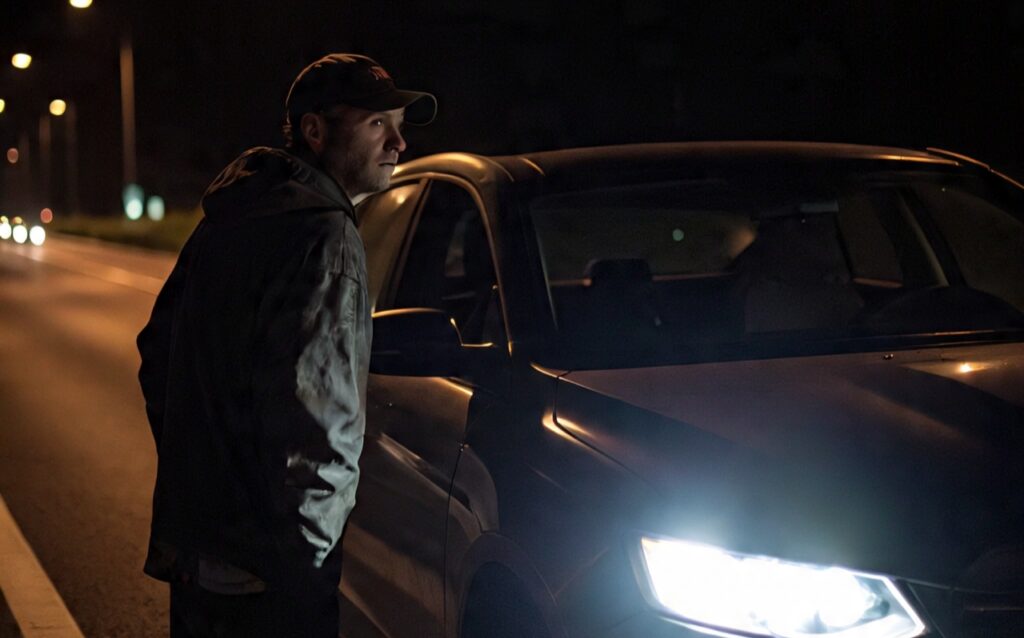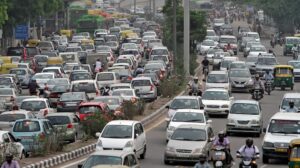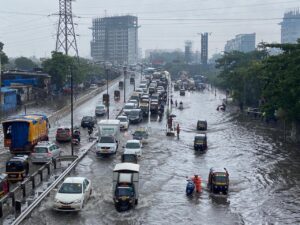What to Do If Your Car Breaks Down at Night — Stay Safe and Handle It Smartly

What to Do If Your Car Breaks Down at Night — Stay Safe and Handle It Smartly
Even the most carefully planned road trips can take an unexpected turn when your car suddenly breaks down — and it often happens at the worst time, like late at night. Whether it’s a mechanical failure, electrical glitch, or simply running out of fuel, the situation can feel overwhelming and unsafe. But staying calm and knowing what to do next can make all the difference.
Here’s a simple guide to help you stay safe and manage a nighttime breakdown smartly:
1. Figure Out What Went Wrong
Start by checking the basics: look at the dashboard for warning lights, check your fuel level, listen for unusual noises, or look for visible damage like a flat tire or smoke. Even if you’re not a car expert, this quick check can help explain the issue to roadside assistance or a mechanic.
2. Move to a Safe Spot
If your car can still move, carefully steer it off the road — ideally onto a well-lit shoulder or lay-by. Avoid stopping in the middle of the road, as this puts you and other drivers at serious risk.
3. Switch On Hazard Lights
Turn on your hazard lights immediately so that other drivers can see your vehicle from a distance. This is especially critical at night or in poor visibility conditions.
4. Use Reflective Warning Devices
If your car has a reflective warning triangle or cones in the emergency kit, place them around 10–15 feet behind the vehicle. This provides extra visibility and alerts approaching vehicles.
5. Call for Help
Contact family, friends, or roadside assistance. If you’re on a highway or feel unsafe, dial the police helpline (100 in India) and share your location using nearby landmarks, GPS, or road signs.
6. Ask Passersby Carefully
If there are people nearby and the area feels secure, you can ask for help. Sometimes passersby can help call a local mechanic or tow service. Always use your judgment and prioritize your safety.
7. Stay Calm and Stay Inside (If Needed)
It’s normal to feel anxious, but avoid panic. If the surroundings feel unsafe or isolated, stay inside your car with the doors locked while you wait for help.
Extra Tips for Night Travel:
- Carry an emergency kit: flashlight, first aid supplies, water, power bank, reflective gear, and basic tools.
- Keep your phone fully charged before long drives.
- Share your route and estimated arrival time with someone you trust.
- Install navigation and emergency apps that can show your location even without mobile data.
Breaking down at night can be unsettling, but it doesn’t have to turn into an emergency. By staying calm, making your vehicle visible, and asking for help, you can keep yourself and others safe until help arrives.












